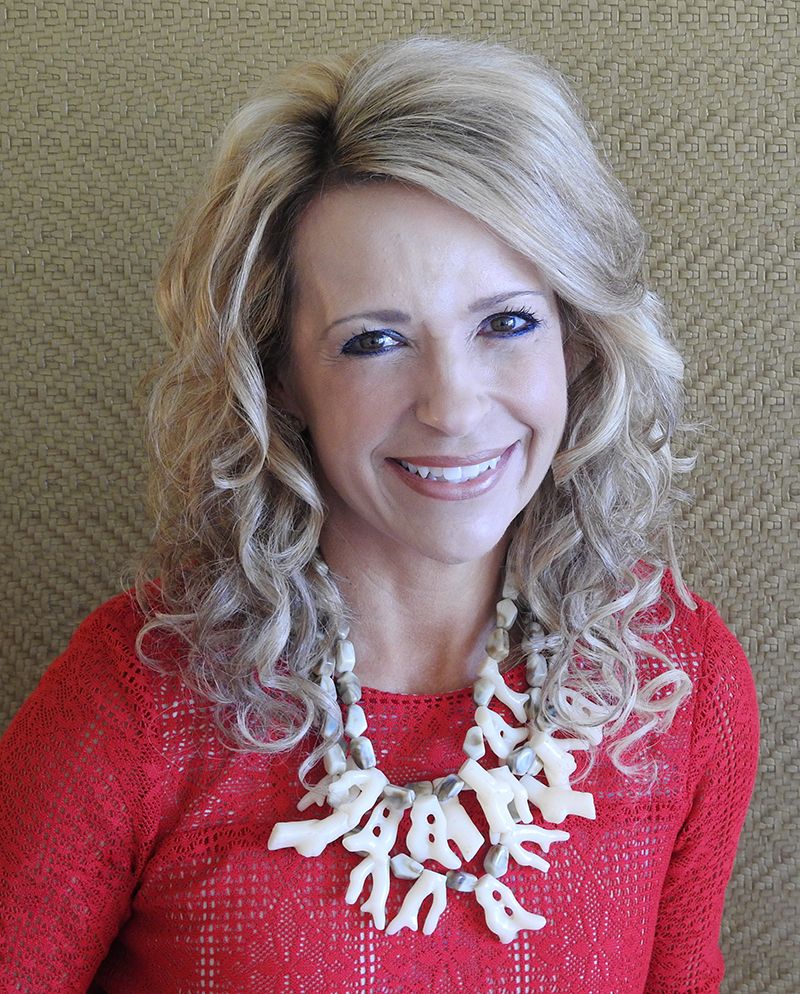The two most interesting times in an entrepreneur’s life is when she starts—and then when she sells—her business. That final transaction can be complicated, stressful but rewarding. For the purposes of this column, we’ll assume that you’ll no longer have day-to-day responsibilities in the company and your primary function is to manage your new-found wealth. One of the more common considerations after selling is whether or not you need a family office (FO). Although frequently considered status symbols, they can be very useful and provide many of the functions that your company’s CFO and others performed for you and your family while you owned the business. Simply put, a FO (single or multi-family) performs centralized management or oversight of accounting, bill-paying, investments, tax strategies, estate planning, asset protection and philanthropic activities. It assumes administration of a family’s business and personal affairs.
Most people don’t need a single family office (SFO). If you have more than $100 million, a SFO may be desirable. Anything less and the costs probably outweigh the benefits. In the old days the Rockefeller’s, Kennedy’s and Carnegie’s formed these entities for all the benefits listed above, as well as the privacy that a FO provides. Back then SFOs did not have to register with the SEC but Dodd-Frank changed that. It forced them to register as investment advisers under the Investment Advisers Act of 1940 unless they met specific conditions which would provide an exemption. If your SFO is forced to register, the privacy that you were seeking just evaporated. One way families can reduce the spotlight on their assets is by utilizing the services of multi-family offices (MFOs). Your activities are mixed in with many other families so it’s much harder for the media, competitors and/or former spouses to get a clear picture of what you’re doing.
While it would be helpful to speak to friends that have gone through this, there are few that are willing to discuss it honestly. Even your accountant, attorney or broker often times may not fully understand the issues you are now facing. That’s why organizations like Tiger 21 have emerged to become that “friend” where you can mingle with others that have experienced the same roller-coaster that you just came off. Ideally, you should speak with a fiduciary adviser about this before the check clears. If not, park your proceeds in a series of financially strong institutions in which your deposit does not represent a significant leap in the assets they have. Since many custodians’ accounts are only insured for a fraction of what you are depositing you want to be a small fish in a very big pond. Then, as your new nest egg is collecting interest, map out a strategy with that trusted fiduciary. And remember, preservation of your capital, not necessarily growth, is your objective.
Finally make sure that you spend the appropriate amount of time structuring your financial affairs in such a fashion that they are protected from creditors. If you retain the services of a SFO or MFO this will be an area on which they will focus. No one has to be reminded that we live in a litigious society. No matter how private you are, people will know that your pockets are deeper than normal. That sometimes places a target on your back and can be a particular concern if you have children that are old enough to drive yet young enough to do dumb things. There is no excuse for losing a large amount of your assets in a law suit. There are plenty of ways to protect your assets and umbrella policies are inexpensive. Spend the time and money to get this right. You’ll sleep a lot better.
As ProVise’s Director of Financial Planning, Paul brings over 30 years of experience consulting with high net worth clients on financial and estate planning, investment management, philanthropy, tax planning and business valuations. His vision for the profession has made him a nationally recognized leader, serving as President of the Financial Planning Association in 2012. He was also selected by Florida’s former CFO, Alex Sink, to serve on the state’s first Financial Literacy Council. Ray is the Founder, Chair and CEO of ProVise. His four decades of experience makes him an indispensable resource to his clients. He was elected Chairman of the Certified Financial Planners Board of Standards in 2014, helped form National Advisors Trust Company and served as a Board Observer for National Financial Partners. He also serves on the board of BayCare, Eckerd Connects, and the national Board of Certified Safety Professionals as its public member.









